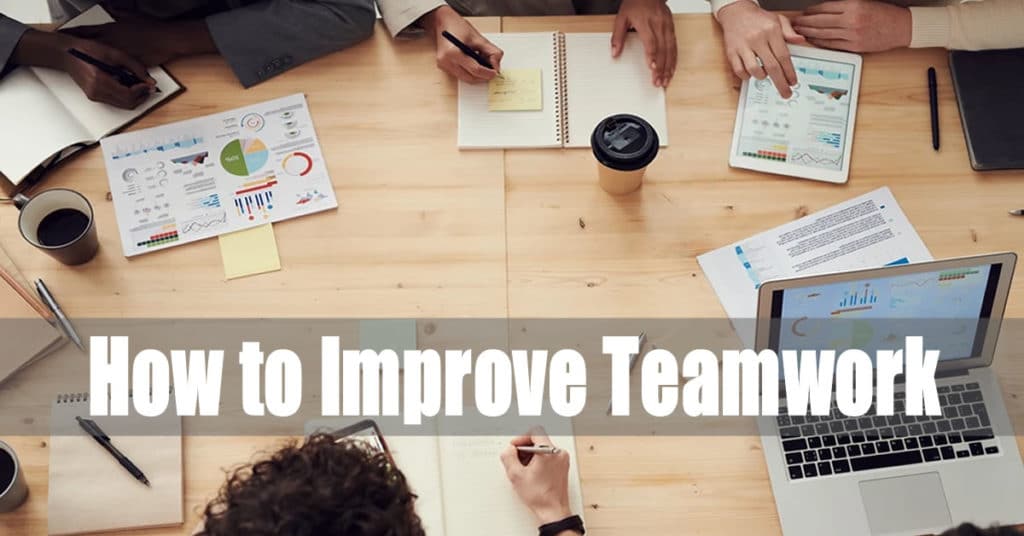There are four basic DISC styles in the DISC model: (D) Dominance, (I) Influence, (S) Steadiness, and (C) Contentiousness. In this article, we will review the D-style characteristics, what they contribute to the workplace, and tips on how to work effectively with them.
Characteristics of a D-style personality
Suppose you recall from our previous blog on the DISC Theory. In that case, the DISC model has two dimensions: vertical (fast-paced and outspoken/ cautious and reflective) and horizontal (questioning and skeptical/ accepting and warm). The D style falls within the intersection of being fast-paced and outspoken, as well as questioning and skeptical.
People with the D-style tend to be firm and direct in their statements. They are described as driven with a results-oriented mindset. D-style personalities are not afraid to take risks if they are confident that it means accomplishing something worthwhile. They prioritize action, immediate solutions and challenge not only themselves but others around them.
To motivate D-styles, provide them with a bit of competition. They enjoy opportunities to win and show others their success. They also tend to focus on the big picture, so analytical details may distract them from the task.
Remember, all styles must learn how to stretch and adapt to those that are different than their own. If you’re not someone with the D style, here are a few tips you can use to work more effectively with them.
What should one remember to do when working with D Personality Types?
When working with the D-style, be clear and specific with your request. Since people with the D-style like getting to the point, you’ll want to make sure your main point is at the beginning of your statement or message. Approach the D-style with an objective angle, ensuring that you have enough materials and rationale to justify your point. Avoid sharing any unwanted details that might cause a D-style to become restless or impatient.
These fast-paced individuals appreciate direct communication and quick results. Since the D style is goal-oriented, you’ll want to explain how the goal will be achieved when making suggestions. However, ensure that you’re stating your main point first, followed by only necessary details.
What are the possible areas of opportunities of the D DISC style?
As with all styles, there are always limitations and areas of growth. A D-style personality’s bold and dynamic nature may sometimes come off as insensitive or impatient. People may be turned away from the blunt comments or opinions, leaving with a distasteful impression. D-styles fear the loss of control as well as moments where they are asked to be vulnerable or emotional. They are likely to avoid situations that require specific details, even if they are important. Lastly, because D-styles are more concerned with meeting their goals, pleasing people is not high on their list of priorities.
People with the D-style can improve in these areas of opportunity by engaging more in active listening and team cohesiveness strategies. This means that they are attentive to their team members’ ideas and perhaps create an environment where people feel encouraged to share their ideas without being automatically shut down. D-styles may need to take a step back from a stressful moment to process their frustrations in a more productive way. They can also strive to make more genuine relationships with colleagues and clients. Practicing empathy can increase their effectiveness when communicating with others. While D-styles bring a lot of dynamic energy to the table, they need to be cognizant of other communication styles and preferences.
What is the ideal environment for the D DISC Styles?
D-styles are keeping themselves busy with a functional and structured workplace environment. People with the D-style are continuously looking toward the next goal and may ask themselves, “What’s next?”. They tend to get bored with stagnant environments that operate slowly and steadily. D-styles value their independence and likely prefer to work on their own instead of with a team. Allow them the space to think of new ideas and the freedom to create action plans that drive results. They’ll appreciate being able to take charge of a situation or project.
What do D DISC Styles contribute to a team?
D-style personalities are more than willing to address a problem. Other styles may appreciate this because it isn’t always easy to speak your mind when it may result in conflict. D-styles know how to command a group in given settings, which can be helpful when a team feels at a loss on moving forward. These strong-willed personalities are assertive and pride themselves on getting things done. You can rely on a D-style to get something accomplished with little hesitation.
How does a Type D personality deal with stress?
Under stress, the D-style may become argumentative, potentially creating unproductive conflict in the given moment. At times, they might not feel the need to listen to others because, in their mind, they feel that their option is already the best one after contemplating it by themselves. They tend to take on a heavy workload, especially to keep themselves busy. This might lead them to overlook important details or become disorganized.
Under stress, the D-styles may not process their emotions with the concerns of others in mind. The best advice for someone with a D-style to do when they are experiencing stress is to become self-aware of the triggers or biological indicators (such as heart rate, sweat, jaw tension, etc.). Taking small steps to increase awareness will pay off in the long run.
Find your DISC style
Does the D-style resonate with your personality? You won’t know for certain until you complete a DISC assessment. If you’re interested in taking the DISC assessment, please get in touch with Cooper Consulting Group at info@cooperconsultinggroup.com From there, you can schedule a personalized workshop for you and your team with a certified facilitator who is trained in navigating these discussions.




